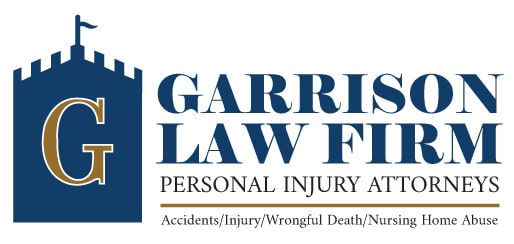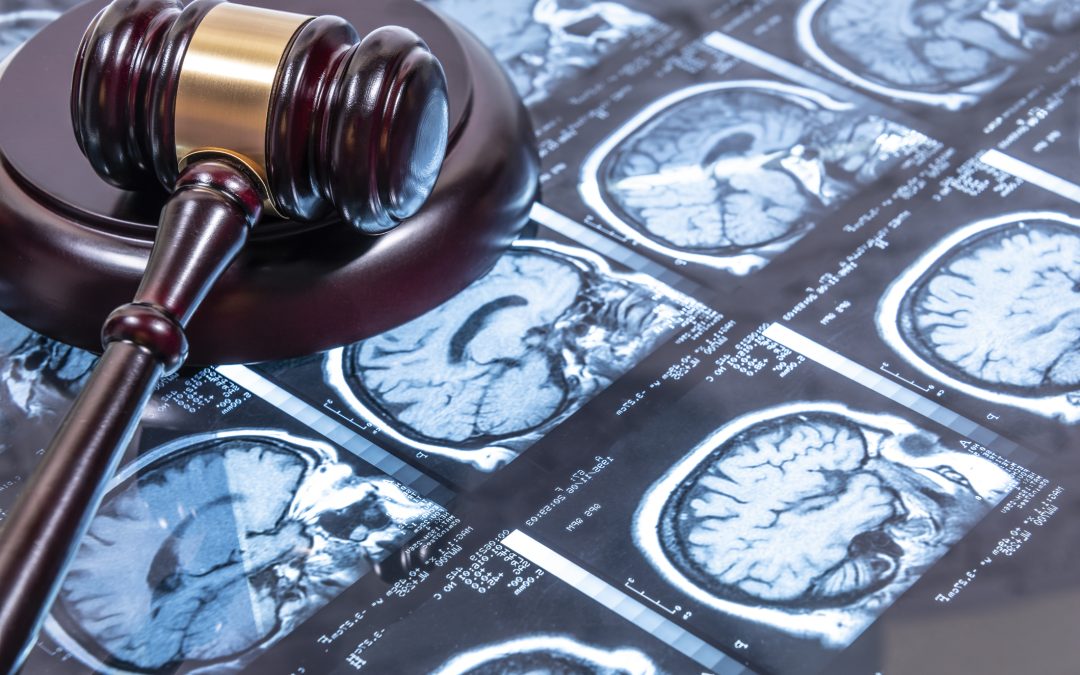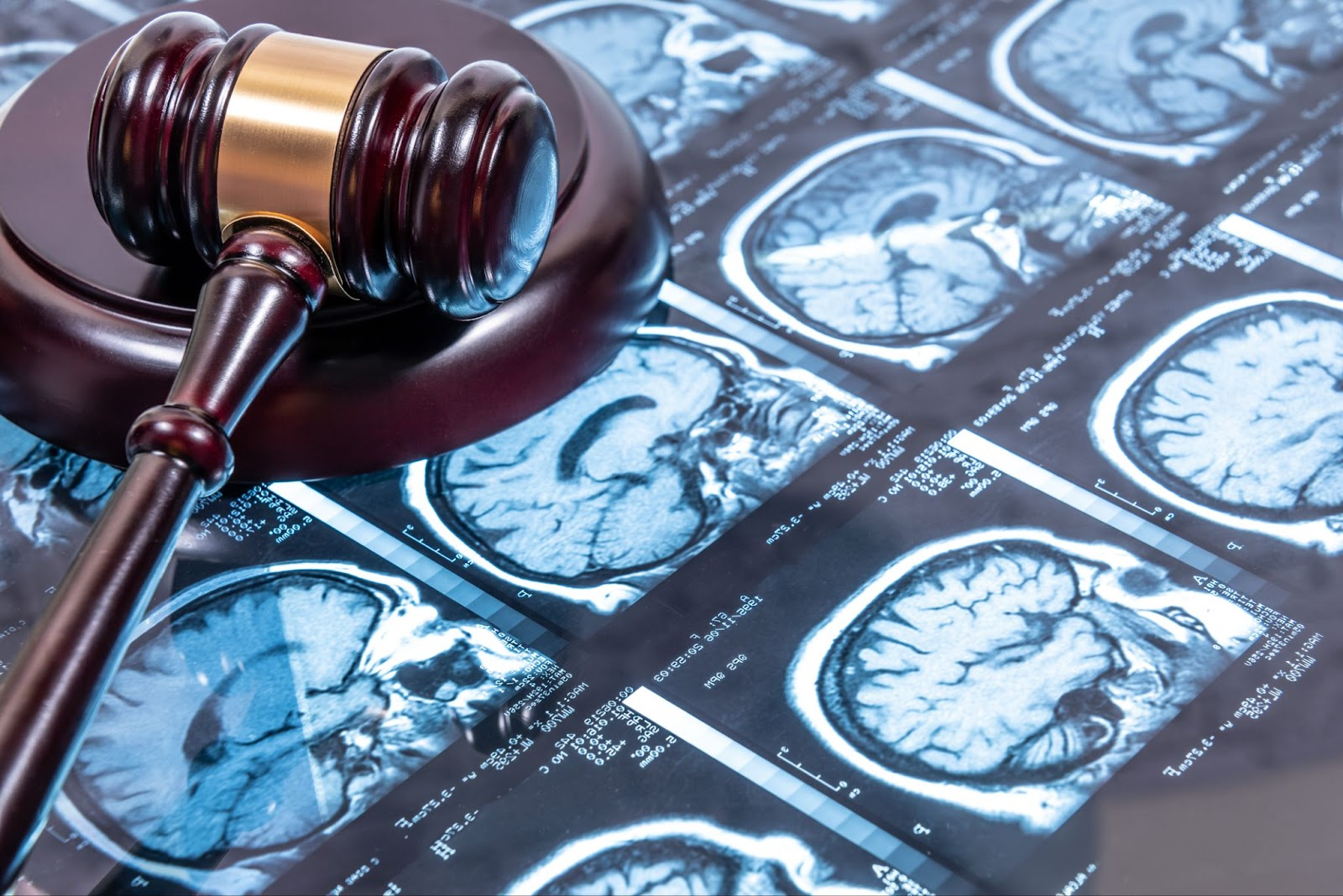When it comes to brain injuries, the road to recovery is often long, complex, and financially burdensome. Victims and their families not only face significant physical and emotional challenges but may also encounter overwhelming medical and rehabilitative costs. For individuals who have sustained a traumatic brain injury (TBI) due to another party’s negligence, pursuing a brain injury lawsuit can be a vital step toward securing compensation for necessary treatment and support. This article outlines the essential components of a brain injury lawsuit, including the legal elements of negligence, the importance of professional testimony, and the types of damages that may be awarded.
Understanding Traumatic Brain Injuries
A traumatic brain injury occurs when an external force, such as a blow to the head from a car accident or a fall, causes disruption in normal brain function. TBIs range in severity from mild concussions to serious injuries resulting in prolonged unconsciousness or memory loss. Regardless of severity, TBIs can significantly impair cognitive function, emotional stability, and physical capabilities, often requiring long-term care and rehabilitation.
The Legal Framework of a Brain Injury Case
To establish a valid brain injury claim, the injured party (plaintiff) must demonstrate that the defendant was negligent. This involves proving:
-
The defendant owed a duty of care to the plaintiff.
-
The defendant breached that duty.
-
The breach directly caused the plaintiff’s brain injury.
-
The injury resulted in measurable damages.
Because these cases often involve both legal and medical complexities, securing representation from an attorney who has extensive experience in personal injury and TBI cases is essential.
The Role of Professional Testimony
Professional testimony plays a critical role in brain injury litigation. Medical professionals such as neurologists and neuropsychologists can explain the nature of the injury, its short- and long-term effects, and the projected course of treatment. In addition, vocational consultants and economic analysts may be engaged to assess the plaintiff’s ability to work and estimate future financial losses. These professionals help present a comprehensive picture of how the injury has impacted the plaintiff’s life.
Potential Damages in a Brain Injury Lawsuit
Victims of TBIs may be eligible to recover multiple forms of compensation, including:
-
Economic Damages: These include quantifiable losses such as current and future medical expenses, lost wages, diminished earning capacity, and costs related to long-term care.
-
Non-Economic Damages: These address intangible losses such as pain and suffering, emotional distress, loss of enjoyment of life, and, in some cases, punitive damages aimed at penalizing severe misconduct.
Contact Garrison Law Firm Today
If you or someone you care about has suffered a traumatic brain injury due to another person’s negligence, it is important to seek legal guidance. Garrison Law Firm provides professional legal representation to clients in Peoria, AZ, focusing on securing fair compensation for TBI victims and their families. Contact our office today at 623-915-1100 or fill out our online form to schedule a free consultation. We are committed to helping you pursue justice and financial recovery.



